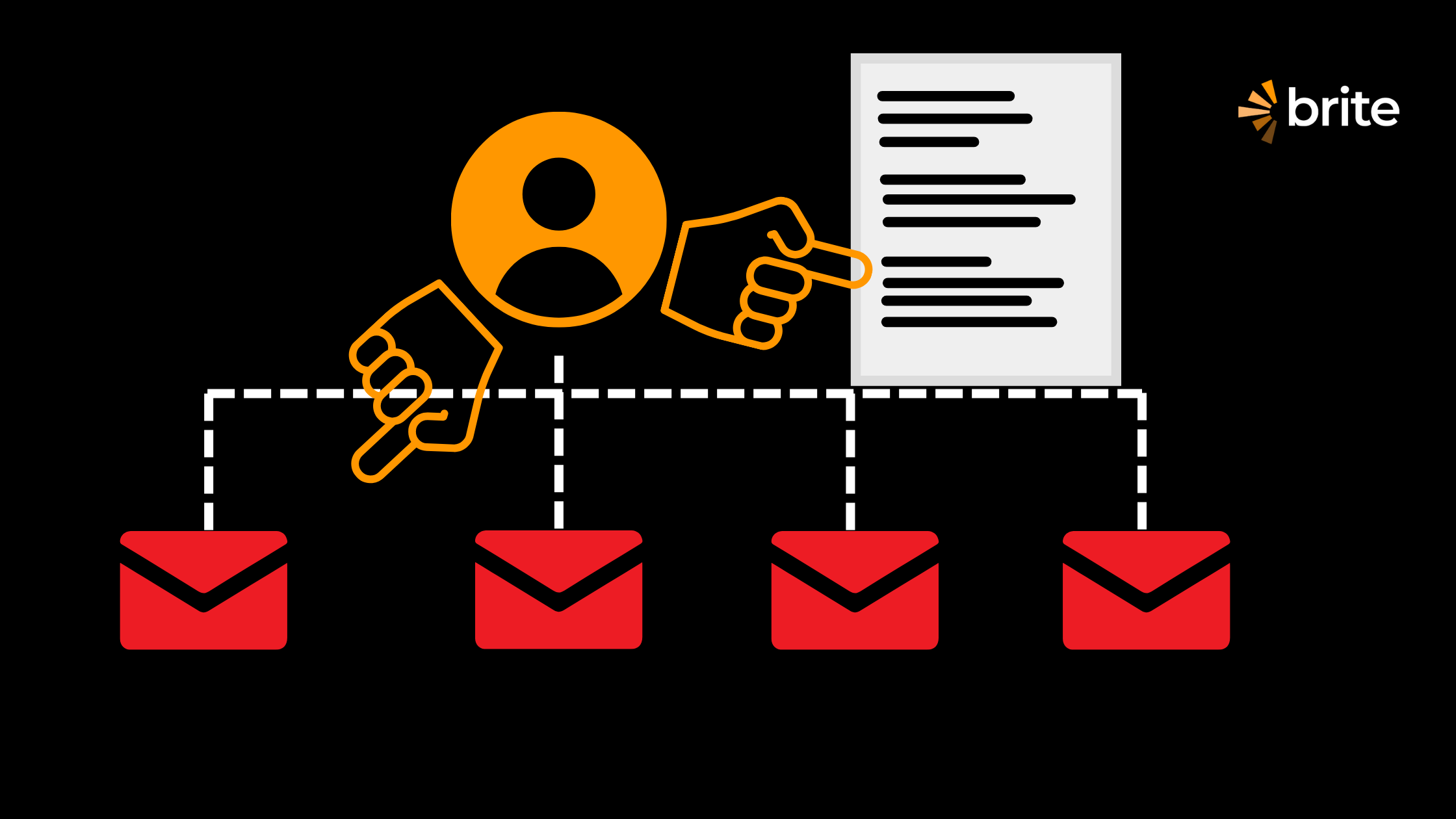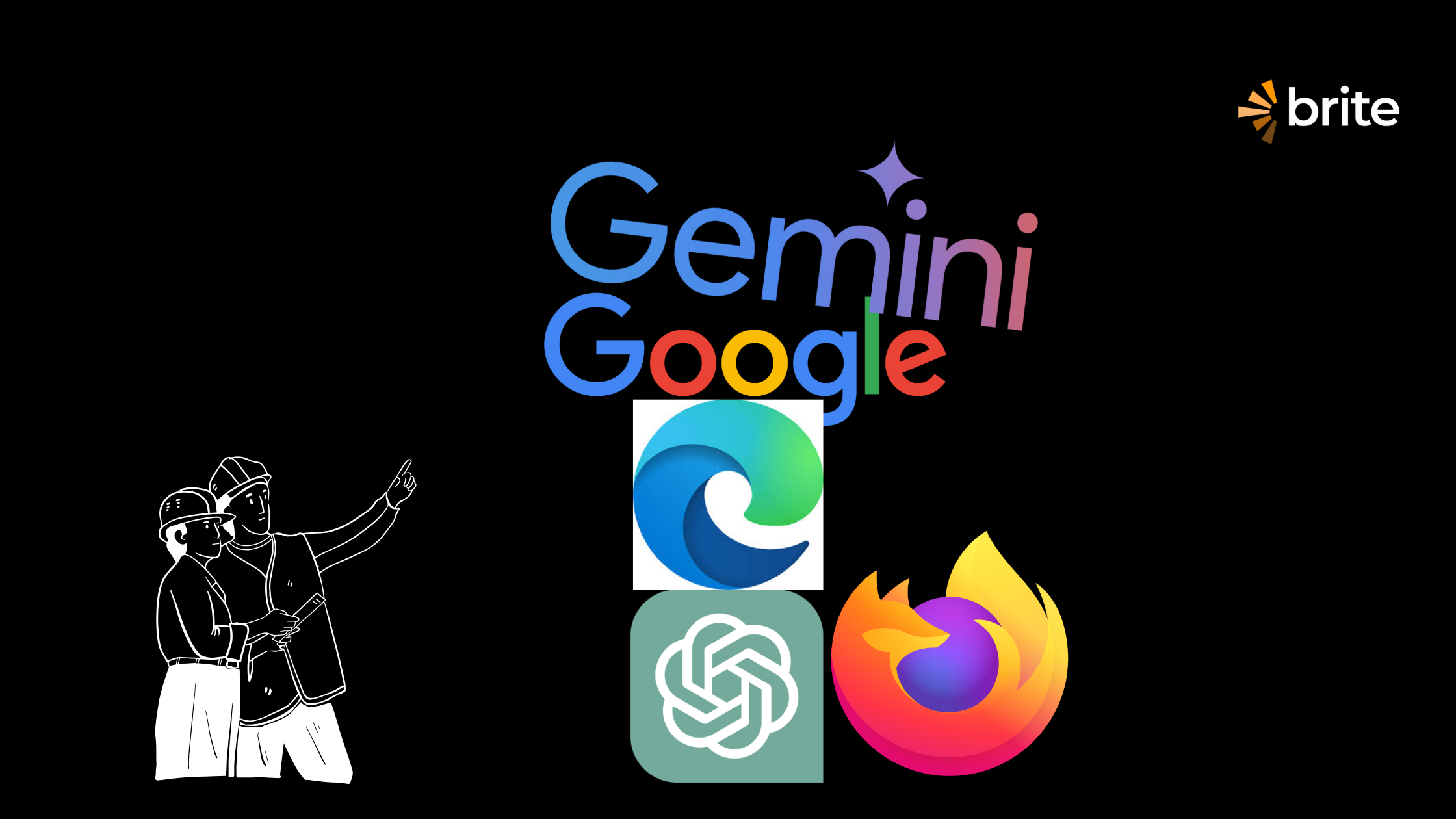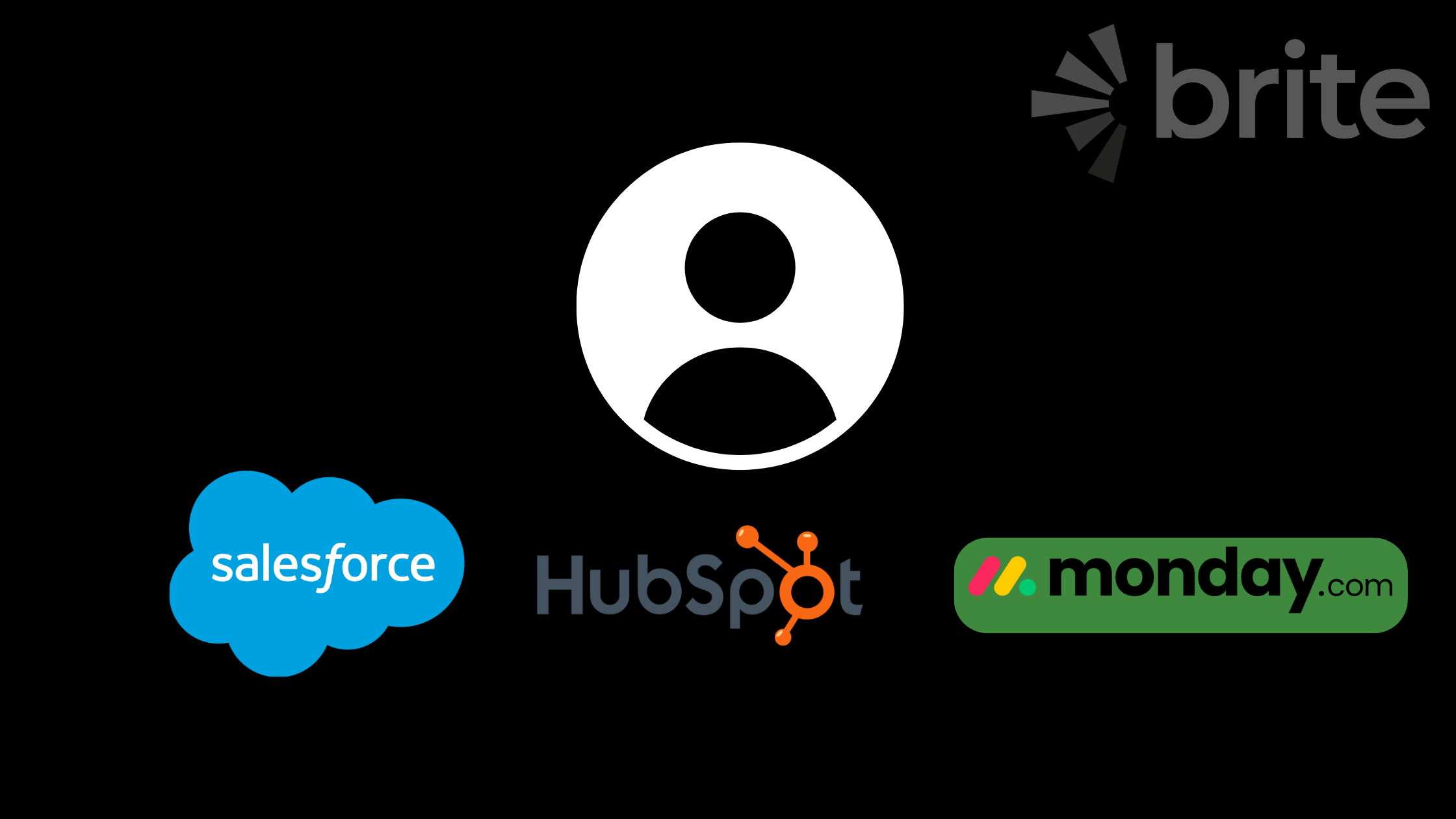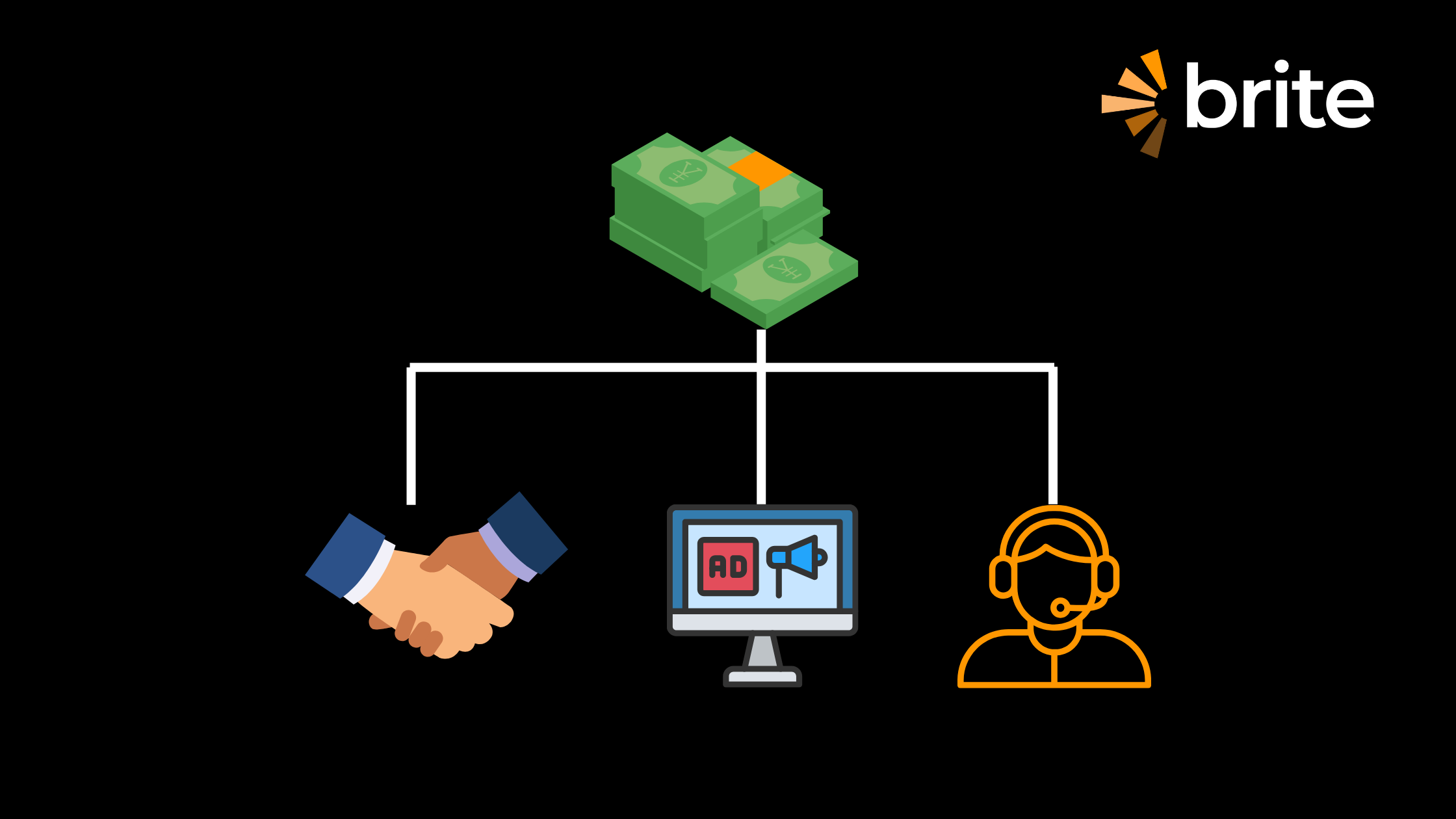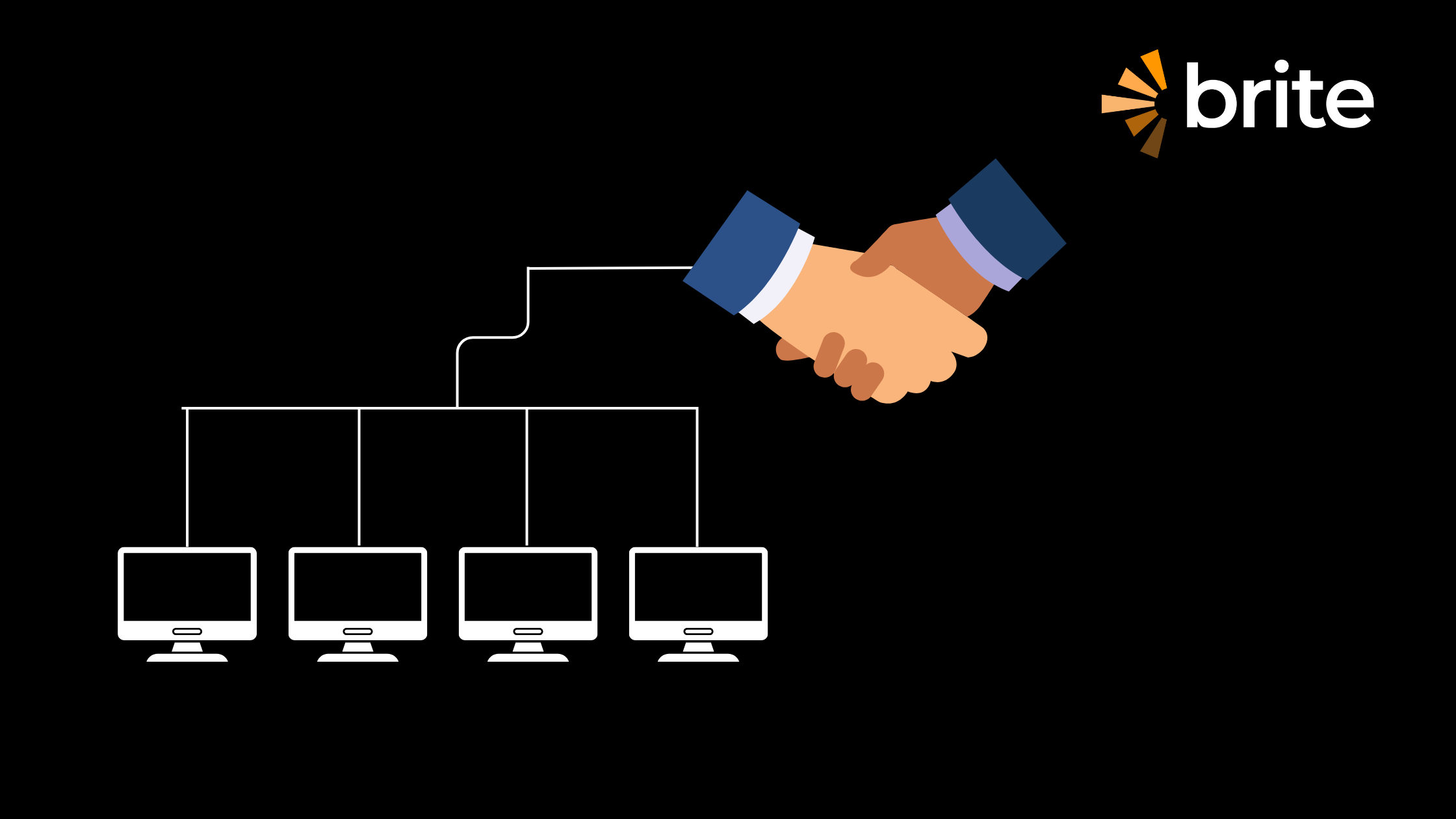
Did you know? Demand generation is widely thought to have been coined by entrepreneur David Lewis when he launched his business, DemandGen (acquired by BDO in 2021) in 2007.
The core services of DemandGen were focused on driving revenue by leveraging CRM and marketing technologies (martech and sales tech like Adobe/Marketo, Oracle/Eloqua, Salesforce, and Hubspot).
It was all part of the greater growth marketing trend sprouting in that era, connecting marketing to revenue at complicated businesses with long sales cycles (you probably know this as RevOps).
Demand generation management became a way of using highly-effective, one-off sales tactics to drive high amounts of interested customers to a particular product or service. Demand Gen Managers ask themselves: “Now that I know X types of leads almost always convert, how do we go about connecting to X leads at scale?”
An Example of Demand Generation
Say You run a real estate marketplace like Zillow and know that a large number of your buyer profile lives in one small, gated community outside New York City.
You host a real estate investment mixer event in the neighborhood clubhouse knowing that if you can get them in the door, at least 25 percent of attendees will convert to customers – easily covering the cost of the event.
What’s the Difference Between Demand Generation and RevOps?
While Demand Generation and RevOps managment are easily confused – they both have to do with helping connect marketing leads to revenue – they are distinct.
While RevOps Managers tends to focus on connecting marketing and revenue directly throughout the entire sales process, Demand Generation Managers look towards the top of the funnel.
What’s the Difference Between Demand Generation and Growth Marketing?
These two categories are quite similar, however a Growth Marketing Manager tends to sit more high level and focuses on setting up long-term mechanisms for growing leads. These can be things like content channels (blogs, YouTube) or running ad campaigns etc.
Demand Gen Managers focus directly on short term marketing efforts that can bring in large amounts of desirable leads at a time. These usually include traditional advertising and PR methods like:
- Webinars
- Events marketing
- Big ad campaigns
Why Hire a Demand Generation Manager?
Demand Generation Managers are a big help to businesses that receive a high transactional value for individual leads. This tends to be B2B services or any type of service that normally has long term repeat purchases.
Demand Generation Managers generally are not so helpful for businesses with one-off purchases or small individual ticket prices. They can sometimes help for initial growth, but ultimately you’ll want to automate more of your funnel in businesses like this.
Which Businesses Benefit the Most From Demand Generation Managers?
As mentioned above, Demand Generation Managers work best in businesses with:
- Long sales cycles
- Large contracts
These may include:
- B2B SaaS Companies (Especially Mid-Market to Enterprise) like:
- Project management tools for large teams.
- Security and compliance platforms.
- Marketing automation and analytics software.
- Professional Services & Agencies with high-value contracts
- Marketplaces or platform businesses with two-sided growth needs
- Healthtech and Fintech Companies (hihgly regulated or with Complex Sales)
- Venture-Backed Startups Focused on Rapid Customer Acquisition
- Companies Doing ABM or Territory-Based Sales (food and beverage industry, wholesale distributors, franchises, etc)
Normal Responsibilities for a Demand Gen Manager
At Brite, we ask all of our Demand Gen Managers to be able to do the following:
1. Demand Generation Strategy Development
- Design and execute comprehensive demand generation programs aligned with business objectives, focusing on lead acquisition, nurturing, and conversion.
- Develop and manage multi-channel campaigns, including content marketing, SEO/SEM, paid media (LinkedIn, Google Ads, etc.), email marketing, webinars, and events.
- Work closely with sales teams to optimize MQL to SQL conversion rates and improve lead scoring and qualification processes.
2. Campaign Management & Optimization
- Oversee the execution and continuous optimization of inbound and outbound marketing initiatives, leveraging A/B testing, segmentation, and personalization strategies.
- Collaborate with cross-functional teams (content, product marketing, sales) to ensure alignment and cohesive execution.
- Manage relationships with external vendors and agencies to amplify campaign reach and effectiveness.
3. Data Analysis & Reporting
- Utilize marketing automation and CRM platforms (HubSpot, Marketo, Salesforce) to track campaign performance and provide actionable insights.
- Develop dashboards and reports to measure KPIs, pipeline impact, and ROI of demand generation efforts.
- Present data-driven recommendations to leadership to refine strategy and improve campaign performance.
4. Lead Nurturing & Funnel Optimization
- Develop automated nurture programs to engage prospects across the buyer's journey.
- Implement lead scoring models to identify and prioritize high-intent prospects.
- Ensure smooth handoff of leads from marketing to sales and improve lead follow-up processes.
5. Market Research & Competitive Analysis
- Conduct market research to identify new opportunities, trends, and competitor strategies.
- Leverage insights to inform content, campaign, and messaging strategies.
Brite’s Requirements For Demand Generation Managers
- 5+ years of experience in demand generation or related marketing roles, preferably in a B2B SaaS environment.
- Proven success in developing and executing multi-channel marketing campaigns that drive revenue growth.
- Proficiency in marketing automation platforms (e.g., HubSpot, Marketo) and CRM systems (e.g., Salesforce).
- Strong analytical skills with the ability to translate data into actionable insights.
- Excellent communication and collaboration skills, with experience working cross-functionally.
- Bachelor's degree in Marketing, Business, or related field; a Master's degree is a plus.
- Ability to thrive in a fast-paced, high-growth startup environment.
How to Prepare to Interview a Demand Generation Manager
When preparing for a demand generation manager interview you should be very clear that you specifically want a demand generation specialists and not someone with a growth marketing or revops background.
You’ll may want to look at candidates from a more traditional advertising, public relations, or experiential marketing background. It’s much harder for a manager to upskill in any of these areas. Other skills, like knowing their way around the latest martech tools are very important to have as well but easier to learn.
Questions to ask a demand generation manager in an interview
- How do you define demand generation, and how does it differ from lead generation or performance marketing?
- What are the key pillars of a successful demand generation strategy?
- How do you approach creating a 30/60/90-day demand gen plan when joining a new company?
- Tell me about a time you created a full-funnel campaign. How did you plan it, execute it, and measure success?
- Walk me through how you identify and prioritize your Ideal Customer Profile (ICP) and buyer personas.
- How do you work with sales or RevOps to align on target accounts and lead scoring criteria?
- Have you ever helped shift a company’s target market or go upmarket/downmarket? How did you adapt your strategy?
- What demand generation channels have you had the most success with, and why?
- Describe a multi-channel campaign you ran. What channels did you use and how did you coordinate messaging across them?
- How do you determine which channels to invest in (e.g., paid search vs. content syndication vs. webinars)?
- What’s your approach to running ABM (account-based marketing) programs?
- How do you incorporate customer advocacy or case studies into demand generation efforts?
- What MarTech tools are essential for demand gen in your opinion? Which have you used most often?
- How do you manage lead routing, scoring, and attribution in your tech stack?
- How do you measure the success of your demand generation programs?
- What metrics do you report on weekly/monthly to leadership?
- How do you approach attribution modeling and measuring multi-touch impact?
- Tell me about a time you optimized a campaign after seeing weak initial results. What did you change and what was the outcome?
- What’s your approach to collaborating with content, product marketing, and design teams?
- What’s the most creative demand gen tactic you’ve tried? Did it work?
- How do you stay up to date on demand gen trends and evolving B2B buyer behavior?
- If you had to generate 3x more qualified pipeline in the next 6 months, what levers would you pull first and why?
- How do you see demand gen evolving over the next few years?
Interested in Hiring a Demand Generation Manager for Your Business?
Book a call with us below if you’re ready to get your demand generation tasks together under one position. We’re more than happy to discuss how one of our skilled candidates could aid your business as it grows!


